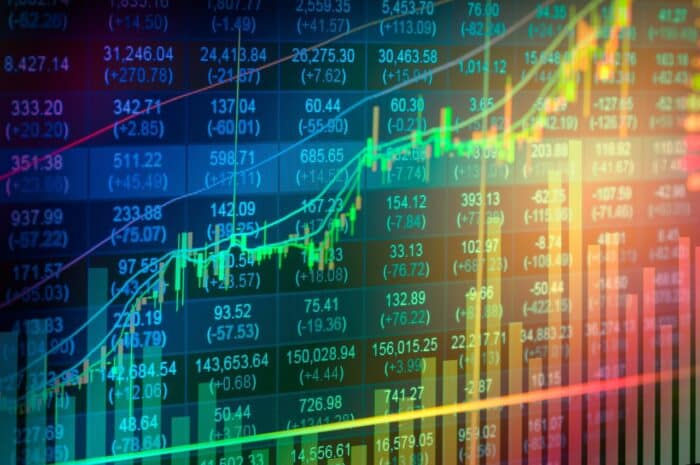
Federal Judge Stock Holdings Ethics Overview:
- Who: A Wall Street Journal investigation revealed that federal judges around the nation violated U.S. law and judicial ethics in the cases they sat on.
- Why: The judges broke judicial ethics codes by overseeing 965 court cases involving companies in which they or their family owned stock.
- Where: The violations occurred nationwide.
More than 130 federal judges improperly presided over cases involving companies that they or their family members held stocks in, an investigative report has found.
The Wall Street Journal revealed that it discovered dozens of judges in the United States broke judicial ethics codes by overseeing 965 court cases involving companies in which they or their family owned stock.
As a result of the reporting, judges in 796 cases nationwide have been forced to notify the courts they preside over that they had conflicts of interest while making their decisions in the cases and that the cases are eligible to be reopened.
Judges are allowed to own stocks, but a 1974 federal law prohibits any “ownership of a legal or equitable interest, however small,” in a party to a case before a judge.
Judges must avoid the appearance of a conflict of interest, even if this means being hypervigilant about what stocks their spouses and children own.
The reporters also found in their investigation that, when there were contested motions in cases involving companies in which the judges had a financial stake in, two out of three of their rulings were in favor of those companies.
Dozens of Judges Not Only Owned Shares But Traded While Presiding Over Cases
Meanwhile, dozens of judges or their families not only owned shares in companies in their courtrooms but reported that they or their brokers traded the shares while they were presiding over the cases.
When confronted about breaching ethics codes and the law through holding stocks in companies whose cases they were ruling on, the judges furnished a variety of explanations.
Some blamed court clerks and some said they had only small roles in the cases, which is still deemed unethical.
The judges are also meant to provide a list of the companies they invest in, which is run through a conflict-checking computer software to help identify cases where judges should bow out. Some judges said there must have been spelling errors in the company names that did not see them picked up in the conflict-checker.
Some judges misunderstood the law, thinking they didn’t have to declare themselves because their stock was held in accounts run by professional money managers.
As a result, the Administrative Office of the U.S. Courts in October warned judges in a memo that they are required to keep informed about their finances and maintain timely lists of parties that are off limits.
Want more? Here is a roundup of 10 of the largest class action settlements in American history and how they’ve affected everyday consumers’ lives.
Sign up for Top Class Actions’ free weekly newsletter to learn about important consumer legal news!
Don’t Miss Out!
Check out our list of Class Action Lawsuits and Class Action Settlements you may qualify to join!
Read About More Class Action Lawsuits & Class Action Settlements:
- E-Trade Agrees To Pay $350K To End FINRA Claims It Failed To Prevent Manipulative Stock Trading
- Preliminary Approval Given for $98M Settlement To Resolve Claims Mattel Misled Investors About Its Income Tax Expenses
- Bonobos Dodges Class Action Lawsuit Over 2020 Data Breach
- Claims Intel Mishandled Funds Of Retirement Account Holders Permanently Dismissed Aside From One















3 thoughts onDozens of Federal Judges Oversaw Cases On Companies They Held Stocks In
Add me
Holding probably some of the same stocks now,include me
That’s great but what about the politicians ,….wake up America